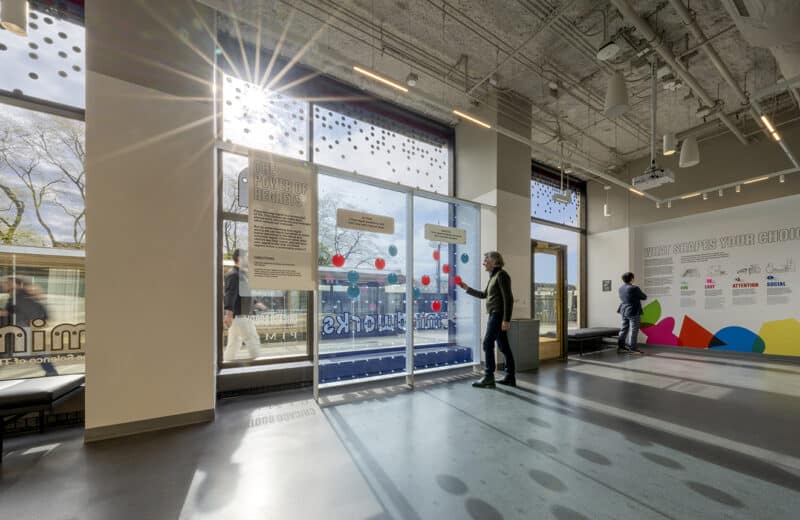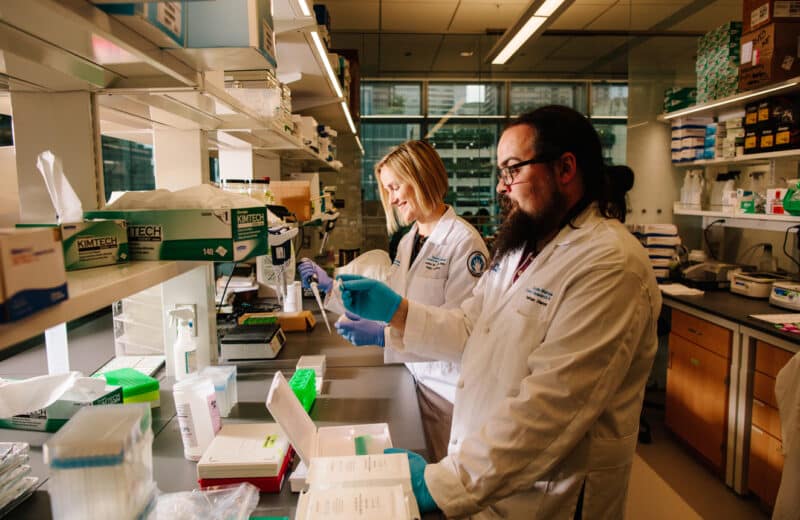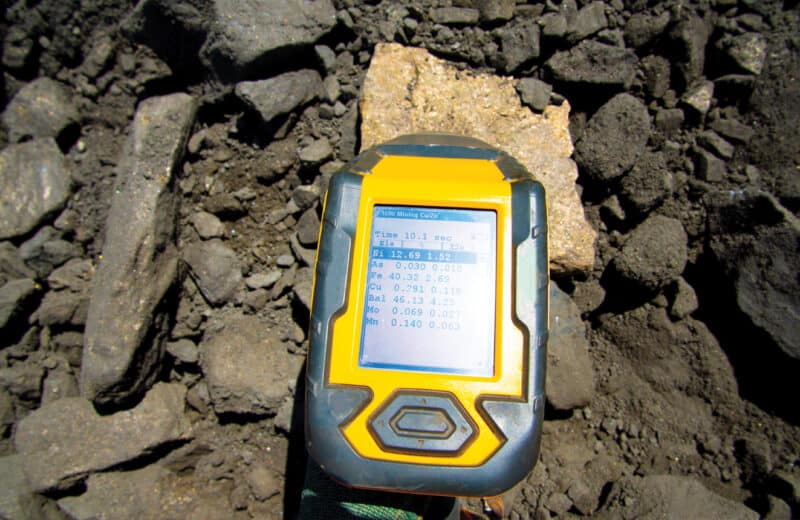As baby boomers reach their golden years, an increasing number are arriving in emergency rooms in need of urgent care. In response, hospitals are opening geriatric emergency departments, which provide specialized emergency services for adults 65 and older.
“Older adults often have multiple underlying medical complexities and may be taking many different medications that can compound the main issue they come in for,” says Scott Dresden, MD, director of geriatric emergency department innovations at Northwestern Memorial Hospital.
At Northwestern, a specialized team is available to help older adults with complex care needs in geriatric-friendly rooms and also throughout the emergency department. Instead of the loud, chaotic emergency environment, geriatric-friendly rooms are quiet and private, with a window, reclining chair and nonskid floor to prevent falls.
“Hospitalization of older adults can lead to delirium, infections and serious complications,” Dresden says. As a preventive measure, nurses at Northwestern’s geriatric emergency department ask pointed questions to find out if patients are experiencing signs of delirium. Meanwhile, a pharmacist looks for risks in their medications, a physical therapist determines the need for help with mobility and pain management and a social worker adds to the broad safety net so older adults can remain as independent as possible when discharged.
The goal is to keep older individuals out of the hospital. And since 2013, Dresden says, Northwestern’s specialized department has seen a 33% decrease in unnecessary hospitalizations among elderly patients.












